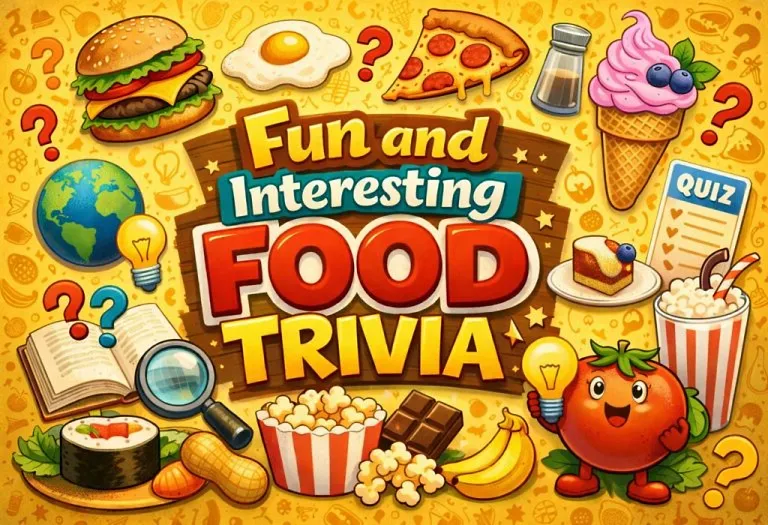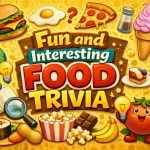20 Fun Word Games for Kids to Boost Vocabulary & Spelling Skills
Building a strong vocabulary and solid spelling skills is essential for a child’s language development, but learning doesn’t have to feel like homework. Word games offer a playful and interactive way to help kids expand their language skills while having fun. Your child will find it easier to understand the world around them the more they comprehend what words mean. It’s also an entertaining way to spend time with your kids during the weekends while teaching them how amazing word games can be. In this article, we’ll explore various children’s word games designed to make learning an exciting adventure for kids of all ages.
Benefits of Playing Word Games for Children
Wondering what word games do for your kids? Here are the benefits:
- Improves their working memory
- Boosts vocabulary and comprehension
- Develops a love for learning and reading
- Hones their problem-solving skills and creativity
- Works on their imagination and long-term memory
- A fun past time for entire families and competitive children
Cool Word Games for Your Kids
If you’re looking for the coolest word games for your kids, you’ve come to the right place. Enjoy browsing through our list and make sure you have a blast.
1. Hangman
Hangman is a fun game played between two players. It’s a word-guessing game where a stick-man is hung unless a player guesses the word right.
Suitable Age Group: For ages 6 to 8
No. of Players Can Play: 2 players
How to Play
You need two players for this game. Get a sheet of paper and draw a gallow. Let’s say you’re player 1 who is the puzzle giver. Think of a word and draw dashes to represent it. Proper nouns and slang words are not allowed. Let Player 2 guess each letter of that new word. Everytime they guess each letter wrong, you draw the arms, legs, and head of the stickman – bodypart by bodypart. When the stickman is complete, Player 2 loses – unless they guess the letters right and save him.
2. Word Rhyming
This is a fun game that can be played by toddlers and kids. It involves saying words that rhyme and is an easy way to build vocabulary.
Suitable Age Group: For ages 3 and up
No. of Players Can Play: 2 to 4 players
How to Play
You start the game with a word and player 2 has to say words that rhyme with the same name. For example, if you say cat, they should say hat, mat, bat, etc. Player 2 keeps going until they run out of words and then you proceed to the next player.
3. Unscramble My Words
Unscramble My Words lets your child put on their thinking cap and put their problem-solving skills to the test.
Suitable Age Group: For ages 5 and up
No. of Players Can Play: 2 to 3 players
How to Play
You think of a word and write down each letter on paper. Except there’s a twist – your scramble the ordering of the letters and your kids will have to unscramble it and get the word right.
4. I Spy
I Spy is one of the best word games for kindergarten as it’s fun, simple, and requires nothing but your imagination and creativity.
Suitable Age Group: For ages 3 to 8
No. of Players Can Play: 2 players
How to Play
Player 1 has to say the sentence – “I spy with my little eye, something beginning with E____” and Player 2 has to guess the missing word from the given first letter.
5. The Story Game
This is a great game that encourages building new worlds with words. We’ll tell you how it works so get your creativity pumping.
Suitable Age Group: For ages 5 and up
No. of Players Can Play: 3 or more players
How to Play
You start a sentence and player 2 has to continue the story.
For example, Jack went to the Farmer’s market. Player 2: And a fire brigade appeared out of nowhere. Player 3: Then a wild dog jumped across the tree.
You get the idea. The ideas are wacky and the way stories pan out is hilarious.
6. Words Within a Word
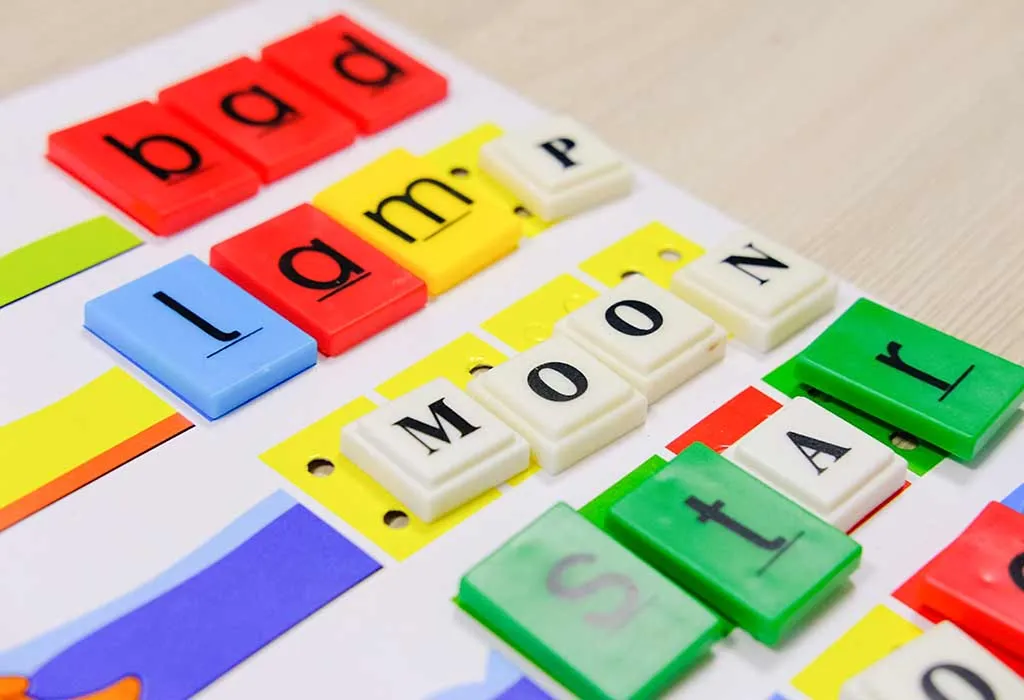
Words within a word has been hailed by parents as one of the top word-building games out there for kids. It really teaches little ones how to spell while building up their vocabulary as well.
Suitable Age Group: For ages 4 and up
No. of Players Can Play: 2 to 3 players or more
How to Play
Think of a really long word. For example – COMPUTER. Your kid will have to coin a list of words starting with every letter of your given word (cot, mike, ox, tan etc), except they must be shorter than your word’s length.
7. I’m Going on a Picnic
I’m Going on a Picnic is a word game that challenges your child’s ability to recall while testing the limits of their vocabulary. It’s truly fun and unique.
Suitable Age Group: For ages 5 and up
No. of Players Can Play: 2 to 3 players
How to Play
The first person begins with I’m going on a picnic and I will bring a candy bar. The second person adds on to the sentence by saying – I’m going on a picnic and I will bring a candy bar and sandwiches. The sentence gets expanded this way turn by turn until the final player is unable to recall the list of items added to it.
8. Scategories
Scategories is a cool word game designed for older kids. It challenges their vocabulary and really flexes their creative muscles.
Suitable Age Group: For ages 7 and up
No. of Players Can Play: 2 to 4 players
How to Play
Take some paper and a pencil and write down 15 categories such as – actor, movies, country, food item etc. Player 1 will start by writing a bunch of random letters on paper. Player 2 will close his eyes and use the pencil to point to a random letter out of those. The remaining players need to guess as many words as they can using that letter for each of the 15 categories.
9. Crosswords
Crosswords is a game that has black and white squares. It has words written based on clues provided inside the squares until the white ones are completely filled up.
Suitable Age Group: For ages 6 and up
No. of Players Can Play: 1 player
How to Play
The instructions on how to play crosswords will be at the bottom of the game. Crosswords are usually found on newspaper pamphlets and at the back of magazines and are excellent brainteasers for kids.
10. Word Quest
Word Quest is a children’s word search puzzle game that involves searching for words using individual letters. It’s also one of the best word puzzle games for kids with an added twist.
Suitable Age Group: For ages 5 and up
No. of Players Can Play: 2 to 5 players
How to Play
Draw a 10 X 10 grid and divide it into boxes on a sheet of paper. On the bottom and side of the page outside the grid, fill up various words until you run out of space. Write down random letters in each of the boxes and ask your kids to fill them up using the words lying on the bottom/side of the page.
11. Spelling Bee
Spelling Bee is a competitive and educational game where kids spell words aloud to test their spelling skills.
Suitable Age Group: For ages 6 and up
No. of Players Can Play: 2 or more players
How to Play
Prepare a list of age-appropriate words. Each child takes turns spelling a word aloud. If they spell it correctly, they stay in the game. Misspelled words mean elimination. The last player standing wins.
12. Word Bingo
Word Bingo is a twist on the traditional bingo game that uses sight words or vocabulary lists instead of numbers.
Suitable Age Group: For ages 5 to 8
No. of Players Can Play: 2 or more players
How to Play
Create bingo cards using vocabulary or spelling words. As the word caller announces words, kids mark them on their cards. The first to complete a row, column, or diagonal wins.
13. Word Chain
Word Chain is a fun vocabulary game where each new word must begin with the last letter of the previous word.
Suitable Age Group: For ages 6 and up
No. of Players Can Play: 2 or more players
How to Play
One player starts with a word (e.g., “apple”), and the next must say a word starting with the last letter (“elephant”), and so on. Repeat until someone gets stuck.
14. Synonym Snap
A card game that helps kids learn synonyms in a fun way.
Suitable Age Group: For ages 7 to 10
No. of Players Can Play: 2 or more players
How to Play
Create pairs of cards with synonyms (e.g., “happy” and “joyful”). Place all cards face down in a pile. Players take turns flipping over two cards. If the cards are synonyms, the player keeps them. If not, they go back. The player with the most pairs wins.
15. Guess the Word (15 Questions)
A guessing game that promotes critical thinking and vocabulary expansion.
Suitable Age Group: For ages 6 and up
No. of Players Can Play: 2 or more players
How to Play
One player thinks of a word. The others take turns asking yes/no questions to figure it out, with a limit of 15 questions. Example: “Is it an animal?” “Does it start with a vowel?”
16. Boggle
Boggle is a game that challenges kids to find as many words as possible from a random grid of letters.
Suitable Age Group: For ages 8 and up
No. of Players Can Play: 1 or more players
How to Play
Shake the letter cubes in the grid box, let them settle, and flip the timer. Players have three minutes to form as many words as they can using adjacent letters. Words must be at least three letters long and cannot reuse the same letter cube twice in a word.
17. Word Ladder
Word Ladder is a children’s word puzzle game where one word is changed step-by-step into another by altering a single letter at a time.
Suitable Age Group: For ages 7 to 10
No. of Players Can Play: 1 or more players
How to Play
Start with a word (like “cold”) and try to reach a target word (like “warm”) in a series of steps by changing one letter at a time, forming a valid new word with each change (e.g., cold → cord → card → ward → warm).
18. Pictionary With Words
A drawing and guessing game that builds vocabulary through visual clues.
Suitable Age Group: For ages 6 and up
No. of Players Can Play: 3 or more players
How to Play
Write vocabulary words on slips of paper. One player draws the word without using letters or numbers, while others guess. Rotate turns.
19. Build-a-Sentence
A grammar and vocabulary game where kids form fun and sometimes silly sentences.
Suitable Age Group: For ages 6 to 9
No. of Players Can Play: 2 or more players
How to Play
Write different parts of speech (nouns, verbs, adjectives, etc.) on cards. Players draw cards and use them to build a complete sentence. Award points for creativity or correct grammar.
20. Match the Definition
A game where kids match words to their correct definitions, boosting comprehension.
Suitable Age Group: For ages 7 to 10
No. of Players Can Play: 1 or more players
How to Play
Prepare a list of vocabulary words and a set of corresponding definitions. Shuffle both sets. Kids must match each word to the correct meaning. You can make it more interactive by turning it into a card-matching memory game.
FAQs
1. At what age can children start playing word games?
Children as young as 3 or 4 can begin with simple word games like rhyming or letter matching. As they grow, more advanced games involving spelling, word formation, and definitions can be introduced, usually around ages 6 and up.
2. Are digital word games as effective as traditional ones?
Yes, when used in moderation and with educational intent, digital kids word games can be just as beneficial. Many apps offer adaptive learning features, interactive visuals, and progress tracking, making them appealing and effective for young learners.
3. Can word games support reading and writing development?
Absolutely. By expanding vocabulary and familiarising children with word usage and sentence structure, word games lay a strong foundation for both reading fluency and creative writing. They promote comprehension and help children express their thoughts more clearly.
If you’re looking for fun word games for kids, these are guaranteed to stretch their creative muscles. They will definitely have a blast working on these and it’ll hone their literacy skills. By the time they enter preschool or junior high, they’ll be talking like a pro in no time.
Also Read:
Literacy Games for Kids
Memory Enhancing Games for Kids
Innovative and Fun Brain Games for Children
Adaptive Listening Activities, Games & Exercises for Kids
Was This Article Helpful?
Parenting is a huge responsibility, for you as a caregiver, but also for us as a parenting content platform. We understand that and take our responsibility of creating credible content seriously. FirstCry Parenting articles are written and published only after extensive research using factually sound references to deliver quality content that is accurate, validated by experts, and completely reliable. To understand how we go about creating content that is credible, read our editorial policy here.






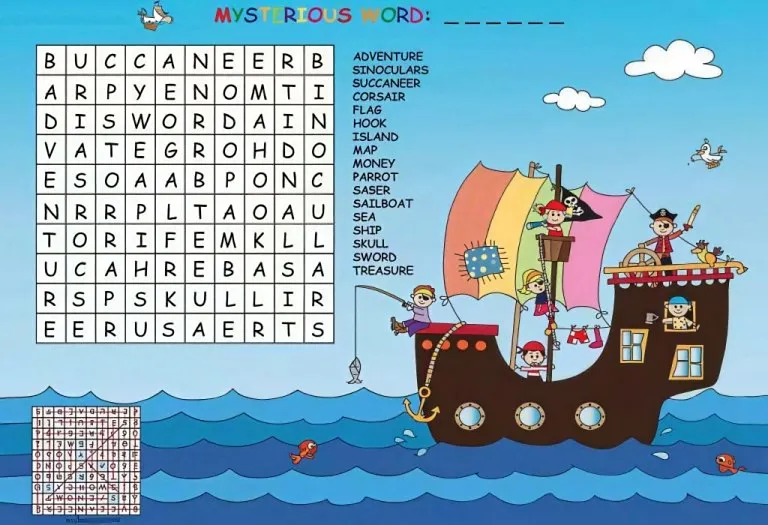
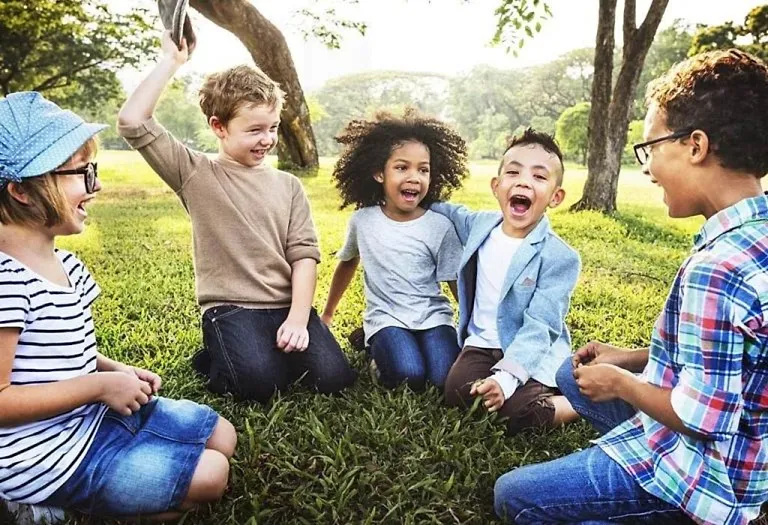



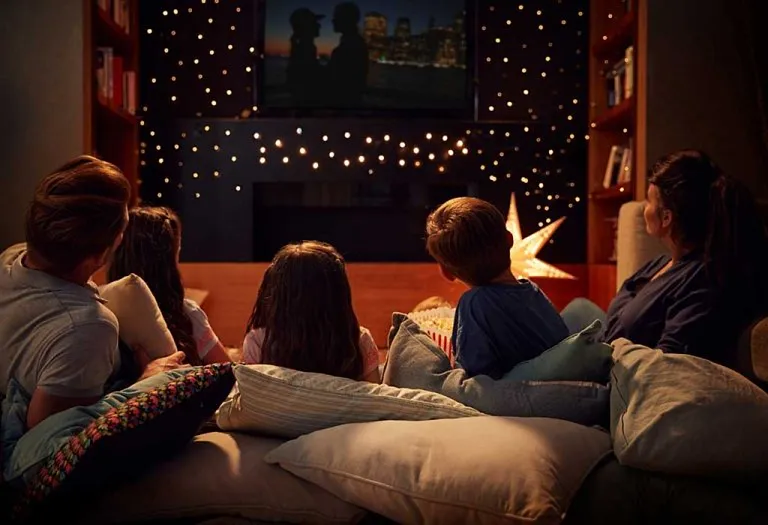


.svg)









